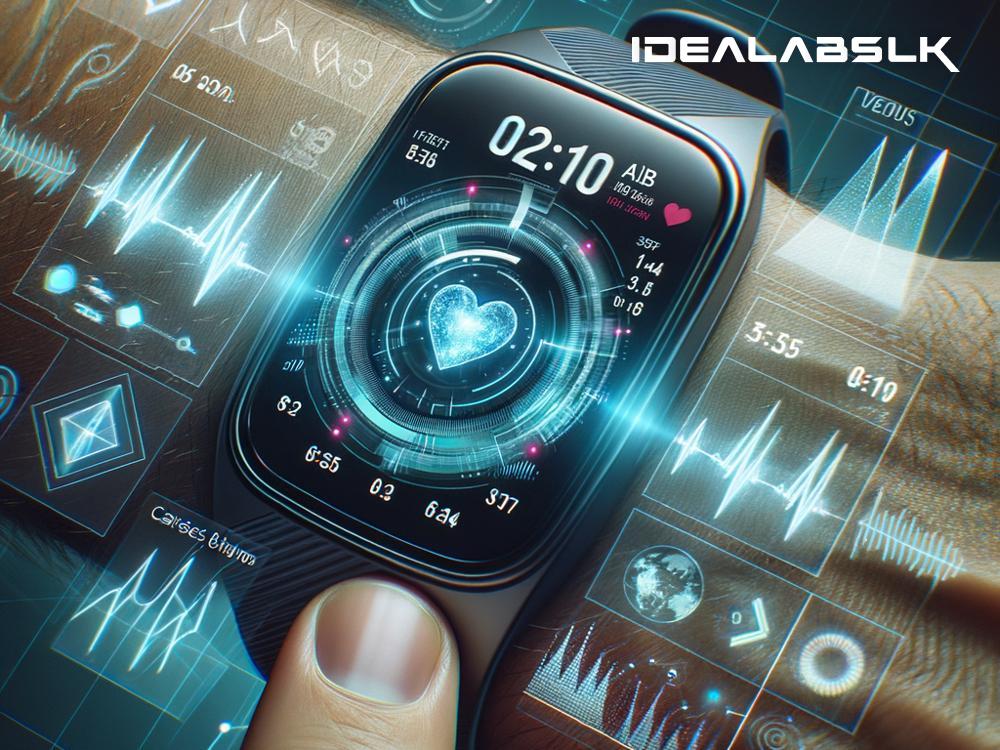In today's world, where health and fitness are at the forefront of many people's priorities, technology has risen to meet the demand for tools that can help us lead healthier lives. Among the most remarkable advancements are fitness gadgets, which go beyond the basic features of counting steps or tracking sleep. The incorporation of Artificial Intelligence (AI) in these devices has taken them to a new level, enabling predictive data analysis that can give users insights into their health and fitness trends. Let's dive into how AI is transforming fitness gadgets, making them not just trackers, but smart health companions.
Understanding AI in Fitness Gadgets
At its core, AI involves creating computer systems that can perform tasks that typically require human intelligence. This includes learning from data, making decisions, and solving problems. When AI is integrated into fitness gadgets, these devices become capable of analyzing the data they collect in a way that mimics human reasoning. This can include everything from how many steps you take to how your heart rate fluctuates during different activities or times of the day.
Automating Predictive Data Analysis
The magic starts when AI begins to apply predictive data analysis. Imagine your fitness gadget not just telling you how many steps you took today, but also predicting how your step count could change based on current trends in your activity level. Or consider a gadget that can foresee potential health issues based on changes in your vitals, such as heart rate or blood oxygen levels, before they become serious concerns. This is possible because AI can recognize patterns in the data it collects from you over time.
The Process: From Data Collection to Predictive Insights
-
Data Collection: It all begins with collecting data. Fitness gadgets equipped with various sensors track a vast array of health and activity metrics, including steps, sleep quality, heart rate, and more.
-
Data Analysis: AI algorithms analyze this data, identifying trends and patterns. This could include recognizing that your heart rate increases in certain situations, or finding correlations between your sleep quality and your activity levels.
-
Prediction and Insights: Using what it learns from your data, AI can make educated guesses about future trends. For instance, it could predict that if you continue to reduce your step count, your overall fitness level might decline.
-
Personalized Recommendations: Beyond predictions, AI can also offer personalized recommendations, such as suggesting the best time of day for you to work out based on when you have the most energy or when you're least likely to skip exercise.
The Benefits of AI-Driven Predictive Analysis
The incorporation of AI in fitness gadgets brings several benefits:
-
Early Warning Signs: By predicting potential health issues before they become serious, these gadgets can encourage users to seek medical advice early on.
-
Customized Fitness Plans: AI can help create highly personalized fitness and health plans based on an individual's specific data, making achieving goals more achievable.
-
Motivation and Engagement: Predictive insights can keep users engaged and motivated by showing them the potential outcomes of their current fitness routines and encouraging them to maintain or improve their efforts.
-
Holistic Health Monitoring: These gadgets provide a more comprehensive view of health by analyzing multiple data points, offering insights that go beyond what traditional fitness trackers offer.
Looking Ahead
The future of fitness gadgets powered by AI looks promising. With advancements in technology and AI algorithms, these devices will become even smarter, offering more accurate predictions and personalized recommendations. They'll continue to evolve into indispensable tools for managing and improving health and fitness.
Conclusion
The integration of AI in fitness gadgets is revolutionizing how we approach health and fitness, making it easier for everyone to understand and improve their wellbeing. By automating predictive data analysis, these devices provide valuable insights that can help users make informed decisions about their health. As technology continues to advance, the potential for AI in fitness gadgets will only increase, opening new possibilities for personalized and proactive health management. So, next time you strap on your fitness gadget, remember it's more than a tracker—it's a glimpse into the future of personal health technology.

